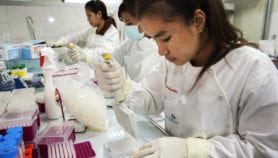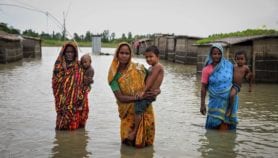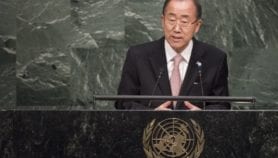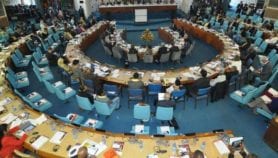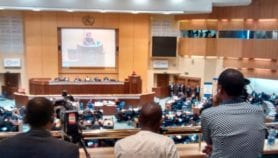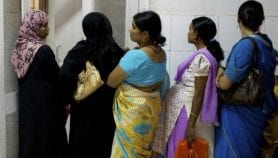Send to a friend
The details you provide on this page will not be used to send unsolicited email, and will not be sold to a 3rd party. See privacy policy.
Those debating the substance of Sustainable Development Goals (SDGs) should learn lessons from the Millennium Development Goals (MDGs) and focus on challenges relevant to all countries, not just low income countries, says Jeffrey D. Sachs, former UN special advisor on the MDGs.
Although the MDGs have seen both benefits and shortfalls, most policymakers and stakeholders agree that they have stimulated progress towards poverty reduction, and that a new set of goals — expected to be endorsed this month at Rio+20 — should be implemented after 2015, when the MDGs officially ‘end’.
The urgent need for sustainable development means proposals for SDGs have been well received, says Sachs. Most countries aim for economic development, environmental sustainability and social inclusion — "the so-called triple bottom line approach to human wellbeing".
SDGs should be organised along these three broad categories, he suggests, and achieving any of them will depend on global efforts to achieve all of them, as well as on good governmental and private sector governance.
This article is part of our coverage of preparations for Rio+20 — the UN Conference on Sustainable Development — which takes place on 20-22 June 2012. For other articles, go to Science at Rio+20
Lessons learned from the MDGs could benefit the SDGs, says Sachs. Continued support for the MDGs, 12 years after their adoption, comes down to three strengths: simplicity, which makes it easy to communicate about them; a focus on moral and practical issues, rather than time-consuming legally-binding commitments; and the adoption of specific, actionable measures.
There are lessons to be learned from their weaknesses too. For example, SDGs should ensure there are intermediate milestones for each goal as well as accurate and timely data.
Whereas MDG targets were set mainly for poor countries, SDGs will be global, and emerging economies will have a crucial role to play — as leaders with their own challenges of balancing sustainability with economic growth.
Sachs concludes that SDGs will need "unprecedented mobilisation of global knowledge operating across many sectors and regions", and meeting them will require technological and social change.
Link to full article in The Lancet
This article is part of our coverage on Science at Rio+20.


